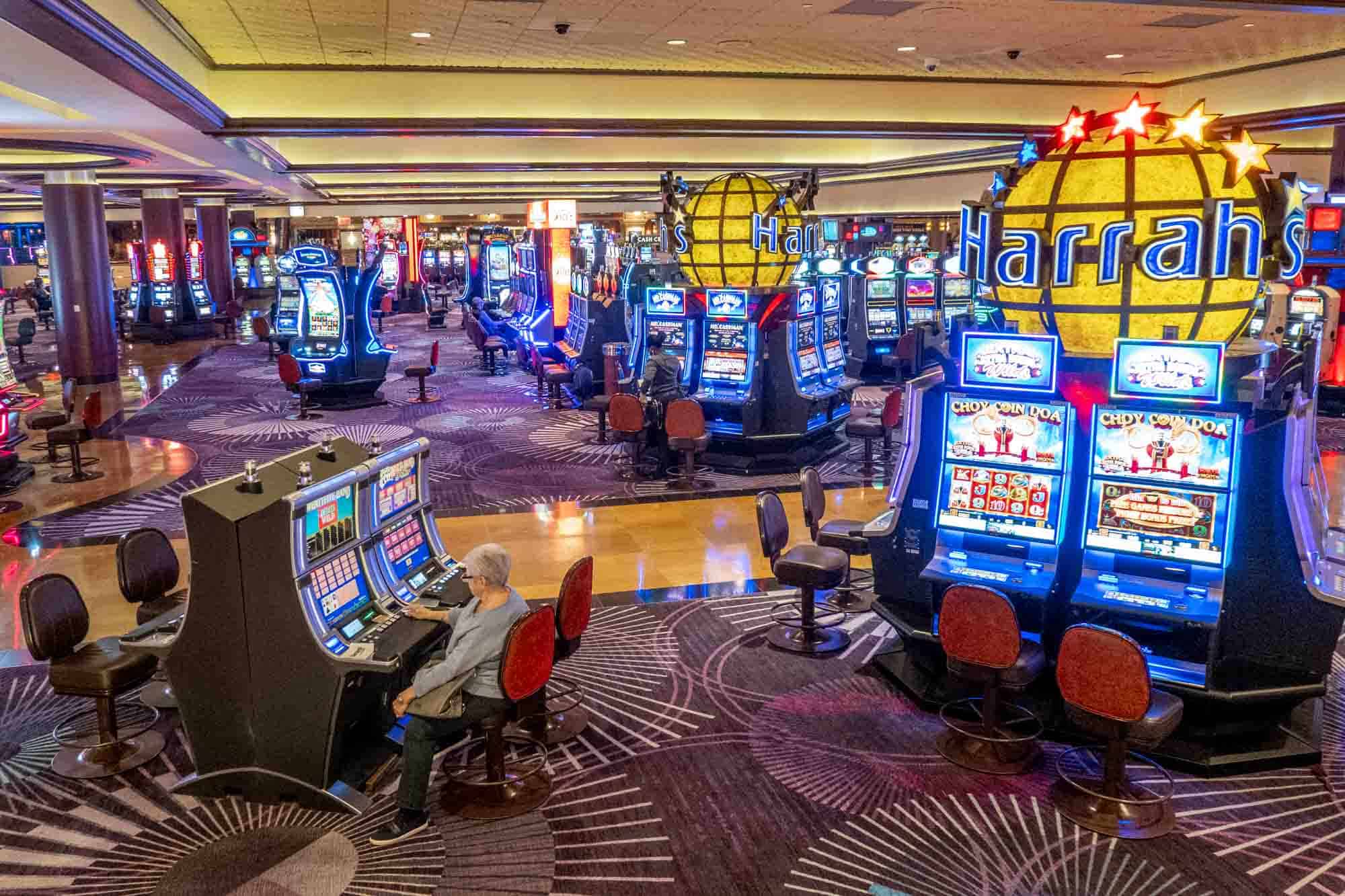
Gambling games have fascinated players over the ages, evolving from basic recreational activities to complex experiences that integrate chance, strategy, and entertainment. From the ancient roots of gambling in civilizations such as ancient Mesopotamia and Rome to the glitzy corridors of modern casinos, the history of these games shows much about human nature and our connection with chance. As societies have intertwined and technological advancements have occurred, casino games have changed, reflecting shifts in society and innovations in gameplay.
The primitive versions of gambling likely featured simple games involving dice and placing bets on the outcomes of sports competitions. As time passed, these early games grew into better-organized games like card games, the roulette wheel, and the multitude slot games that fill casino floors today. Each period brought its own set of rules, visual styles, and cultural importance. At present, casino games maintain their evolution with the rise of internet-based platforms, enabling players from all corners of the globe to participate in a collective experience, further blending the traditional with the digital age.
Initial Beginnings of Gambling Games
Gaming activities have origins that extend back to ancient societies, where betting was profoundly embedded in social practices and cultural customs. The earliest known forms of gambling appeared in Mesopotamia around three thousand BC, including primitive die games made from bone material. ww88 These initial activities laid the foundation for more complex gambling games, showing human beings’ natural desire to find fortune and entertainment through chance.
As civilizations evolved, so did their betting interests. In ancient China, around two thousand three hundred BC, tiles were found that were similar to primitive basic versions of a lottery game game. More organized forms of betting developed in the ancient Roman civilization, where activities of luck were a common pastime, often occurring in community gatherings. The ancient Romans developed multiple wagering activities, which entailed die and table activities, highlighting the widespread nature of gambling across different economic strata.
With the passage of years, these primitive games influenced the development of contemporary gambling activities. In the medieval period, card games emerged prevalent in European culture, paving the way for the organized gaming establishments we know today. The change from casual gambling to organized gambling in pubs and personal houses marked a significant change in how people engaged with games of luck, leading to the eventual creation of casinos as specialized venues for gambling.
The Emergence of Contemporary Casino Gaming
The late 1960s and 1970s marked a significant transition in the realm of casino games, driven by technological advancements and transformations in cultural attitudes towards wagering. The introduction of computers and the World Wide Web revolutionized the way gamblers interacted with their beloved casino games. Online casinos emerged, allowing gamers to enjoy timeless casino classics like poker and 21 from the comfort of their own homes. This emerging digital landscape not only expanded availability to casino games but also attracted a fresh crowd who found the ease and diversity attractive.
As digital gaming gained traction, so did innovations in gaming technology. The advancement of sophisticated software and visual elements transformed conventional casino games into immersive adventures. Players could now connect with realistic live dealers through live streaming, importing the feel of physical casinos directly into their houses. This blending of live gaming with digital interfaces created a new hybrid model that boosted the social aspect of playing, making it possible for people to connect and challenge with others around the world.
Moreover, the rise of gaming on mobile devices substantially changed the casino landscape. With the widespread use of smartphones and tablets, players can enjoy their favorite gaming options anywhere, whenever. Mobile apps offer a extensive range of options optimized for touchscreens, catering to the fast-paced daily life of modern users. This accessibility has resulted in growing involvement in gambling, driving the exponential growth of the gaming industry. As a result, the prospects of casino gaming continues to progress, adapting to technological advancements and shifting player expectations.
The Impact of Technology on Casino Games
Technology’s advancement has greatly changed casino games, improving the overall experience for players for gamblers globally. As the internet emerged, online casinos were created, allowing players to enjoy their favorite games from the safety of their own homes. This shift not only made casino games more available but also expanded the variety of games available, as online platforms could offer many different versions of traditional games without the limitations of physical casinos.
The rise of mobile technology further revolutionized the casino gaming landscape. As smartphones and tablets became widespread, players now have the ability to engage in casino games whenever and wherever they want. This mobility has led to the development of dedicated mobile applications and optimized websites that provide seamless gaming experiences. Additionally, advancements such as live dealer games have brought the genuine feel of a casino into players’ living rooms, bridging the gap between physical and online gaming.
Moreover, advancements in artificial intelligence and virtual reality are paving the way for the next generation of casino games. AI enhances game design and player interaction, creating customized experiences based on user behavior and preferences. Meanwhile, virtual reality provides immersive environments where players can interact in a virtual casino environment, making the gaming experience more exciting and lifelike. As technology continues to evolve, the future of casino games seems bright, filled with limitless opportunities for advancements and entertainment.
